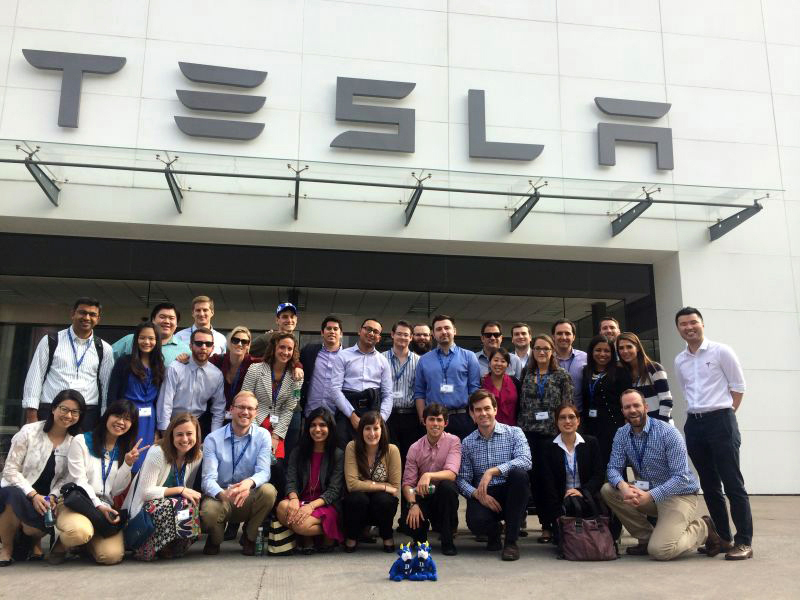Duke Global Executive MBA Student Blog

Why I Chose Duke’s Cross Continent MBA

This blog was written by a Cross Continent MBA student prior to the program’s merger with the Global Executive MBA program.
In many ways, I fell into Duke’s Cross Continent MBA program by accident. Five months in, I can tell you that it was without a doubt the best decision for me. Because I almost missed out on this program, I wanted to share the factors I considered that finally led me to it:
Know Your Options
The biggest mistake I made—or almost made—was not knowing what kind of business school programs exist. I only applied to traditional fulltime MBA programs, was admitted to Duke’s Daytime MBA program and some others, and in June, I was deciding whether to attend. That’s when I stumbled upon the Cross Continent program online.
I talked with Fuqua Admissions to learn more. After carefully considering my job situation and talking to my boss, within 48 hours, my decision was made to apply for Cross Continent. Admissions helped me transfer my application from Daytime to Cross Continent—without much additional work on my part—and I was accepted.
I would have avoided a lot of anxiety had I realized all of my options earlier. Don’t be afraid to reach out to Admissions to get more information or ask questions. They are happy to connect you with current students or alumni who can share their perspectives.
Consider Your Current Job

A lot of people go to business schools to change companies or even careers, and that’s great. But as I was deciding whether to go or not, I realized that I love my job and the company I work for. I’ve worked long enough to know that a job you love is hard to find. That’s not to say that everyone in the Cross Continent program loves their job; there are plenty of people looking to leverage the MBA to make a switch. But if you love your job and can convince your boss to allow you to do both it and an MBA, why leave for the unknown?
Talk to Your Boss
A critical element in choosing the Cross Continent program is sign-off from your boss. This is easier for some than others, and it’s especially helpful if your company is familiar with the program.
For me, I had to do a little bit of an education effort (first for myself, then for my boss), but a promise I made was that I would continue to stay engaged with work virtually during the residencies. Most of my classmates unplug from work as much as possible, and it does create added stress for me. But getting an MBA and my job are both important to me, so I make it work. There isn’t much sleep during residencies anyway, and with work there’s even less. But I’ve learned to build in time for recovery when I return home.
Reflect on Your Priorities
Getting an MBA in 17 months and having a full-time job is not a joke. I’m in awe of what my classmates are juggling—families, ironmen races, volunteer work, among other things. But that’s not to say that you can do everything. In my life, there are certain things I’ve given up. I live in London, and ideally, I’d travel every couple of weekends to a new European city, but with classes, team meetings, midterms, and projects, that’s not possible. Honestly, it’s a small price to pay to have this MBA experience and continue to work in a job I’m passionate about.
Whether or not to attend business school and how to do that is a personal decision, and this is only one person’s perspective. So wherever you are in the process, I’d encourage you to figure out what you want and how you can maximize achieving the majority of those desires. At the end of the day, I feel incredibly fortunate to be a part of Duke’s Cross Continent MBA Class of 2016.



